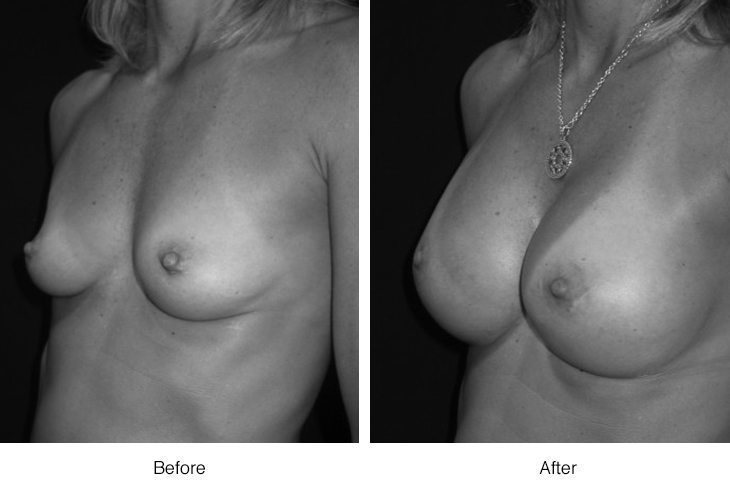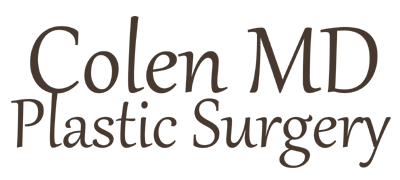Maybe it never occurred to you, but the ultimate success of your labiaplasty might depend at least to a small degree on what you’re eating and drinking–both before and after the operation. Nutrition plays an important part in decreasing the bruising and swelling in and on your body, while also maximizing its ability to heal itself. By eating a proper diet rich in antioxidants, you can improve your body’s circulation. This helps your body heal itself during the recovery phase of the labiaplasty.
What this means is that, both prior to and following your operation, you should eat foods that contain Vitamin A, Vitamin C and Vitamin E. Also look for foods containing the minerals zinc, manganese, selenium and copper. You’ll find selenium in cereal, seafood, mushrooms, organ meats, asparagus and garlic. Zinc can be found in yogurt, brown rice, lentils, whole wheat, milk, baked potatoes, spinach, turkey, beans, and rye bread. Eat nuts, wheat bran, wheat germ, pineapple, seeds and leafy green vegetables to get your manganese. And you’ll find copper in foods such as clams, oysters and leafy vegetables.
Before any kind of surgery is done, you should make every attempt to be as safe as possible. One way to do this is to eliminate or reduce the amount of alcohol you’re consuming. Too much alcohol can set the stage for complications. For starters, alcohol thins your blood. This means that, like aspirin, it can cause problems with bleeding, both during your surgery and in your recovery period.
Alcohol also depletes the body of the very vitamins and minerals that we discussed above. So while you’re doing your best to eat a healthy diet in order to gain those vitamins, alcohol is fighting against you by sapping them out of your system. It’s especially important that at least one week prior to your labiaplasty, that you abstain from alcohol. Likewise, don’t drink any for at least one week after the surgery. If you’re already consuming heavy amounts of alcohol, then consider weaning yourself off gradually, to decrease negative side effects such as irritability and headaches.
Consider also cutting back on caffeine-filled drinks, such as coffee and colas, especilly as you approach the date of your surgery. That’s because caffeine is known to slightly raise your blood pressure, which is never a good thing when you’re undergoing a surgical procedure. And finally, if you have any other concerns about your eating and drinking habits, be sure to discuss them with your surgeon in your initial consultation with her.


